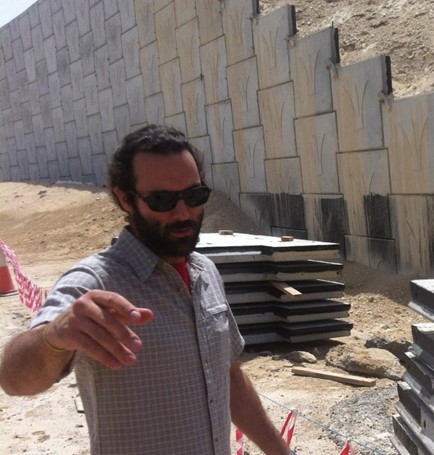
The following is an update from the, 9-16 January 2017 meeting of the Joint Technical Committee no 1 “Natural Slopes and Landslides”, Federation of the International Geoengineering Societies (FedIGS).
The contributions presented at the JTC1 Forum on “Slope Safety Preparedness for Impact of Climate Change” held in Naples on November 2015 are now published in a book printed by CRC Taylor & Francis and are on sale. The book, i.e. the JTC1 TR3 (Technical Report no 3), includes:
– a foreword by the President of the FedIGS, J.L. Briaud;
– a general introductory paper by Ho, Lacasse & Picarelli;
– 13 reports which illustrate the state-of-the-art in 17 different countries;
– the responses of 4 countries to a questionnaire circulated during the Forum.
The 13th ISL will take place in Cartagena, Colombia, 15-19 June 2020. The following is the ISL preliminary technical program:
Monday June 15th
1- Landslides in the tropics: rainfall, extreme events and climatic change
Tuesday June 16th
2- Landslides and seismic-tectonic and volcanic activity
Wednesday June 17th
Technical visits
Thursday June 18th
3- Landslides and human activities: risk reduction and management
Friday June 19th
4- Landslides, infrastructure and sustainable development
The 1st JTC1 workshop will be held in Barcelona on 24-26 May 2017, on “Advances in Landslide Understanding”. Details of the scientific organization can be found on: http://congress.cimne.com/jtc1. The JTC1 workshop is an original initiative of the committee. It will take place periodically (every 4 years), on advanced subjects in the domain of landslides.
The committee has decided to work on a couple of “technical reports” on: Earthquake-Induced Landslides (TR4) and on Flow-Like Landslides Triggering (TR5). The provisional table of contents for TR5 is as follows:
- Flowslides, debris avalanches and debris flows as distinct landslide types
- Geological contexts of flowslide, debris avalanche and debris flow occurrence
- Examples in the world
- Mechanisms: the lesson learned from experience
- Experience on flowslide risk mitigation






















